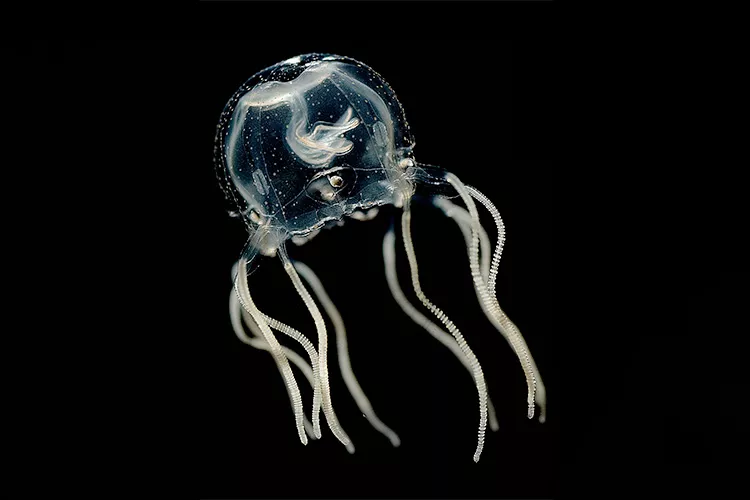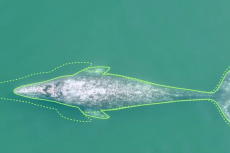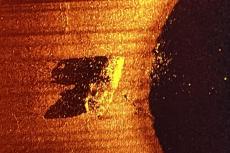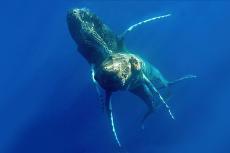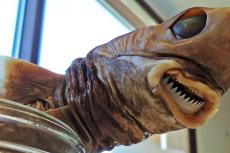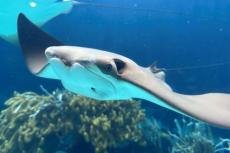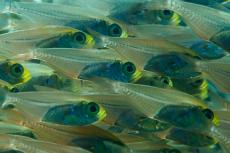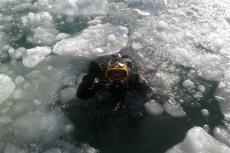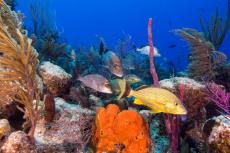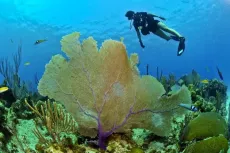Jellyfish are smarter than we thought
A groundbreaking study suggests jellyfish may be smarter than we thought. Despite their lack of traditional brains, jellyfish exhibit surprising layers of complexity.
Recent research, published in Current Biology, has uncovered intriguing insights into their cognitive abilities that challenge the notion that jellyfish lack intelligence.
While jellyfish lack the complex nervous systems of many animals, they possess a network of nerves, sensors and specialised structures that allow them to detect and respond to their environment. This includes simple eyespots, called rhopalia, which can sense light and help them navigate the ocean's depths. Another intriguing facet of jellyfish biology is their ability to enter a sleep-like state despite their brainless existence.
Learning from mistakes
Despite its small, decentralised brain, Tripedalia cystophora, a type of jellyfish known as a sea wasp, displays advanced learning capabilities.
Researchers previously believed that jellyfish, due to their mere 1,000 nerve cells, could only engage in basic forms of learning, such as becoming accustomed to specific sounds. However, a closer examination of their behaviour has revealed a more sophisticated capacity for learning, including the ability to learn from mistakes.
Through experiments manipulating jellyfish's surroundings, scientists observed their reactions. By altering the colour contrast of their tentacles, they deceived the jellyfish into perceiving danger where there was none. Initially, the inexperienced jellyfish believed the threat was distant but quickly adapted, demonstrating an ability to comprehend the consequences of their actions and avoid future stressors.
This surprises researchers as it challenges the notion that complex brains are necessary for learning. The study suggests that even the earliest nervous systems, evolving 600 to 700 million years ago, likely had immediate learning abilities.


